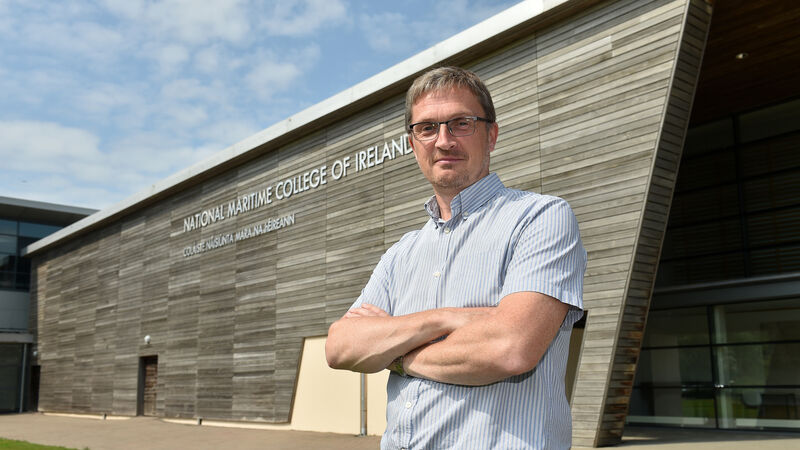Maritime College plans for expansion to cater for offshore energy demand

Cormac Gebruers, Head of the National Maritime College of Ireland, said offshore energy production from winds and tides “will become the biggest game in town” in the next couple of years. Photo: Dan Linehan
The country's national maritime college is planning for expansion of its headquarters in Ringaskiddy, Co. Cork, and to create outreach centres to cater for increased demand, especially from offshore energy generation.
The National Maritime College of Ireland (NMCI) is planning to create new courses specific to the requirements of the offshore energy sector and also to boost its apprenticeship courses.













